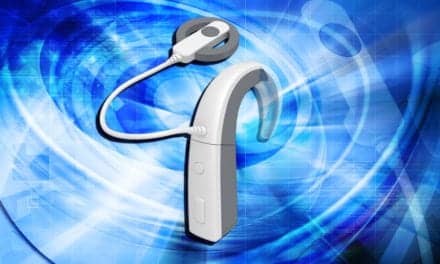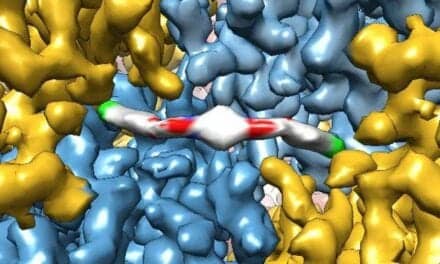ST LOUIS — Trailblazing audiologist, Margaret Walker Skinner, 72, died on January 11. “Margo” Skinner, as she was known to many friends in the field, was respected internationally for her intelligence, grace, determination, and class in her work in auditory science. Her research and clinical skills culminated in the publication of a book considered the bible on hearing aids, Hearing Aid Evaluation. She was a pioneer in the field of cochlear implants, and was perhaps the first to publish on the importance of using caution and not overamplifying/saturating the upper regions of more severe high-frequency hearing losses (which later had research implications for ski-slope hearing aid algorithms and cochlear dead regions).
Inspired by a high school teacher, Skinner majored in chemistry at Wellesley College graduating in 1956. She earned a masters degree in audiology from Case Western Reserve University in 1960 and worked as an audiologist for almost two decades before earning her doctorate in audiology from Washington University in St. Louis in 1976.
For over four decades, Skinner worked in the field of audiology earning an international reputation in auditory rehabilitation. Since the mid-80s, she has been a pioneer in the field of cochlear implants to help patients that do not benefit from hearing aids. She has served on the executive boards of state and national auditory societies and chaired several international conferences.
Skinner began her academic career at Washington University as a lecturer in the Department of Speech and Hearing in 1977. She became an assistant professor in 1979 in the Department of Otolaryngology-Head & Neck Surgery, an Associate Professor in 1992, and Professor in 1997. She had been the Director of the Cochlear Implant and Hearing Rehabilitation Program in the Department of Otolaryngology-Head & Neck Surgery from 1984 until her death.
Skinner was the recipient of many awards and honors including the Pioneer in Hearing Aids (1996), the Jerger Career Award in Hearing (2000) from the American Academy of Audiology, and the Carhart Memorial Lecturer (1998) from the American Auditory Society.
Growing up in a world in which most women became wives and mothers, Margo juggled being a homemaker and raising two boys with her clinical responsibilities as an audiologist. Although she did not complete her PhD until her 40s, her progress was rapid due to her legendary clinical expertise and her well-honed multi-tasking capabilities. A translational scientist before the term was coined, Skinner’s intense fascination and passion for her work has led many patients back into the world of sound. Noted for her integrative teamwork approach and problem solving skills, colleagues commend her vision, leadership, and momentum. Skinner advised young scientists to develop goals for themselves based on an in depth assessment of their unique talents, capabilities, temperament, and interests. She suggested that the optimal/life balance requires self-attunement and nurturing so that one can be the most creative.
Among the survivors are two sons, George L. Kraft and Jonathan R. Kraft, both of St. Louis; a stepdaughter, Linda Pigg of Kansas City; and seven grandchildren.
Memorial contributions may be made to the Cochlear Implant and Hearing Rehabilitation Program at Washington University School of Medicine, 660 South Euclid Avenue, Campus Box 1247, St. Louis, Mo. 63110.
Source: Adapted from Washington University in St Louis News & Information and various sources




